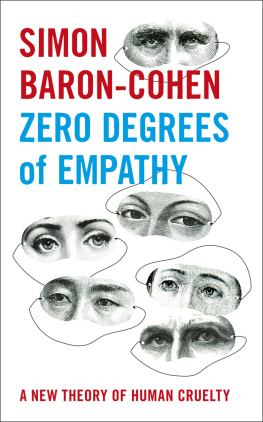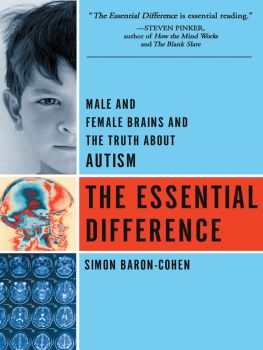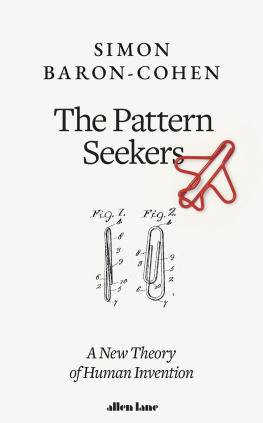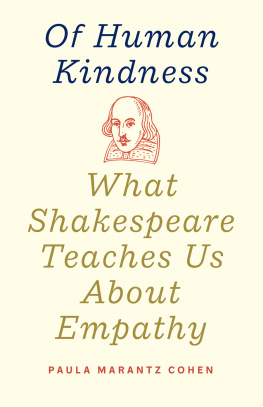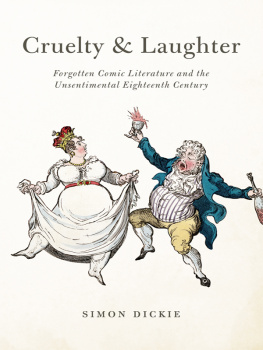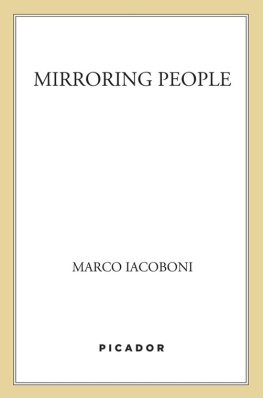Simon Baron-Cohen - The Science of Evil: On Empathy and the Origins of Cruelty
Here you can read online Simon Baron-Cohen - The Science of Evil: On Empathy and the Origins of Cruelty full text of the book (entire story) in english for free. Download pdf and epub, get meaning, cover and reviews about this ebook. year: 2011, publisher: Basic Books, genre: Religion. Description of the work, (preface) as well as reviews are available. Best literature library LitArk.com created for fans of good reading and offers a wide selection of genres:
Romance novel
Science fiction
Adventure
Detective
Science
History
Home and family
Prose
Art
Politics
Computer
Non-fiction
Religion
Business
Children
Humor
Choose a favorite category and find really read worthwhile books. Enjoy immersion in the world of imagination, feel the emotions of the characters or learn something new for yourself, make an fascinating discovery.

- Book:The Science of Evil: On Empathy and the Origins of Cruelty
- Author:
- Publisher:Basic Books
- Genre:
- Year:2011
- Rating:4 / 5
- Favourites:Add to favourites
- Your mark:
- 80
- 1
- 2
- 3
- 4
- 5
The Science of Evil: On Empathy and the Origins of Cruelty: summary, description and annotation
We offer to read an annotation, description, summary or preface (depends on what the author of the book "The Science of Evil: On Empathy and the Origins of Cruelty" wrote himself). If you haven't found the necessary information about the book — write in the comments, we will try to find it.
The Science of Evil: On Empathy and the Origins of Cruelty — read online for free the complete book (whole text) full work
Below is the text of the book, divided by pages. System saving the place of the last page read, allows you to conveniently read the book "The Science of Evil: On Empathy and the Origins of Cruelty" online for free, without having to search again every time where you left off. Put a bookmark, and you can go to the page where you finished reading at any time.
Font size:
Interval:
Bookmark:
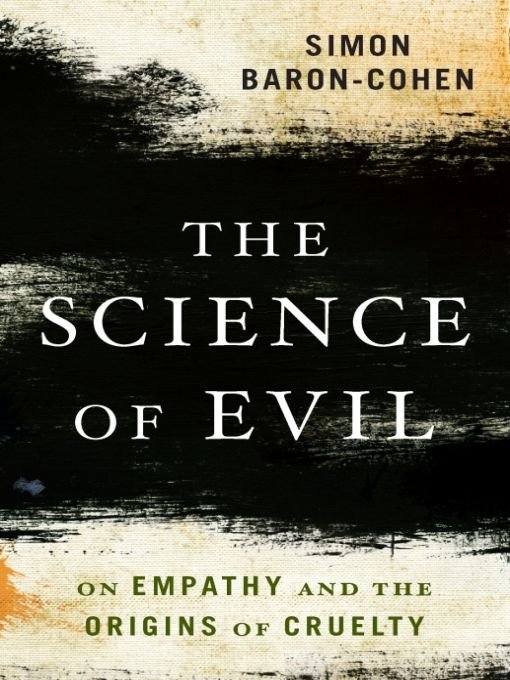
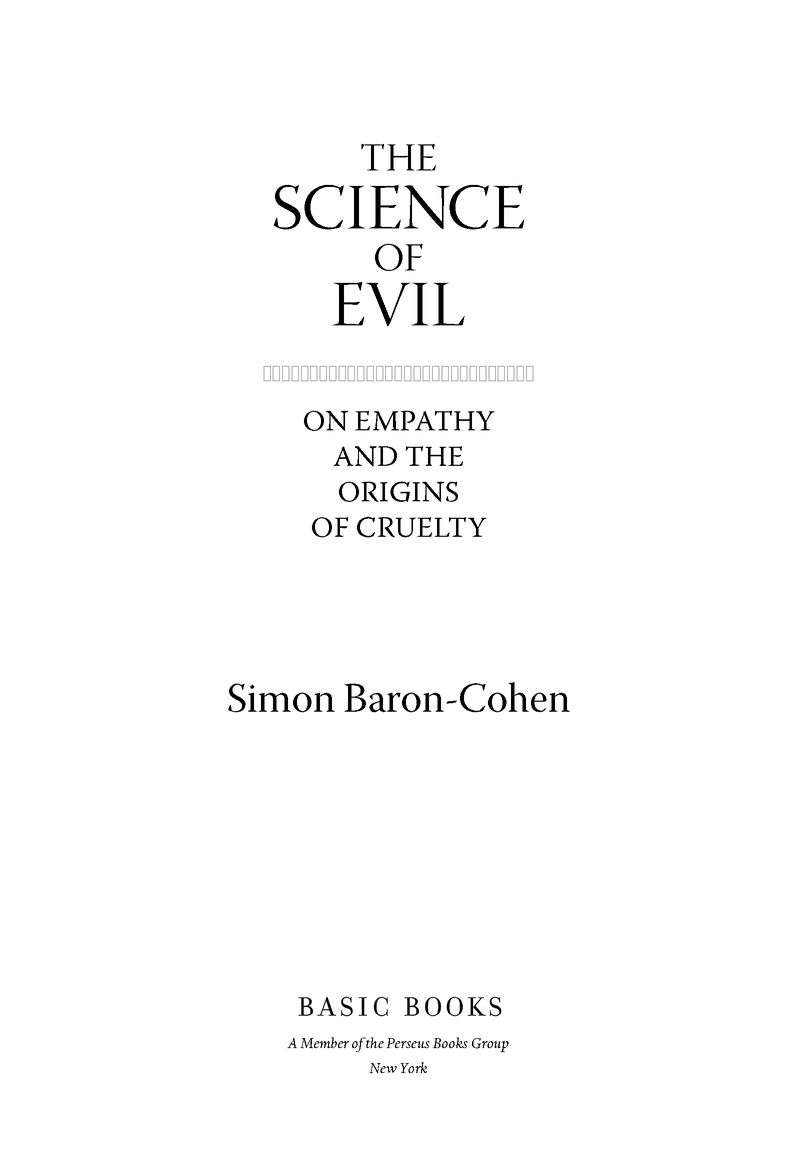
Cohen confronts the most urgent and controversial questions in social
neuroscience. Both disturbing and compassionate, this brilliant book
establishes a new science of evil, explaining both its brain basis and development
. Baron-Cohen fundamentally transforms how we understand
cruelty in others and in so doing forces us to examine ourselves.
Reading this book invites us to widen our own circle of empathy
compelling us to grow and comprehend, if not forgive.
Institute for Learning & Brain Sciences and co-author of
The Scientist in the Crib: What Early Learning Tells Us about the Mind
bear on troubling and controversial issues. Arguing that we explain nothing
by describing acts of wanton cruelty as evil, he explores the simple but
powerful hypothesis that such acts can be traced to a distinct psychological
statea lack of empathy. He backs up his claim with a wealth of
researchfrom developmental psychology, psychiatry, neuroscience, and
genetics. Those who have to deal with the aftermath of cruelty may not
agree with Baron-Cohens analysis but they will surely be informed and
provoked by his boldness and originality.
Harvard Graduate School of Education
professor of philosophy of science,
Cambridge University, who combined precision
in explanation with humor and compassion; and
who gave her five children and five grandchildren
their internal pot of gold
Font size:
Interval:
Bookmark:
Similar books «The Science of Evil: On Empathy and the Origins of Cruelty»
Look at similar books to The Science of Evil: On Empathy and the Origins of Cruelty. We have selected literature similar in name and meaning in the hope of providing readers with more options to find new, interesting, not yet read works.
Discussion, reviews of the book The Science of Evil: On Empathy and the Origins of Cruelty and just readers' own opinions. Leave your comments, write what you think about the work, its meaning or the main characters. Specify what exactly you liked and what you didn't like, and why you think so.

